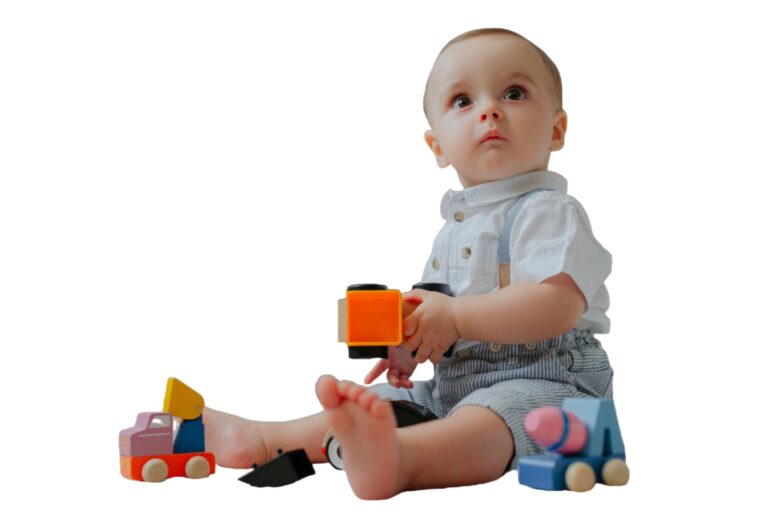Huntington’s Disease in children
Huntington’s disease (HD), also known as Huntington’s chorea, is a rare, inherited neurodegenerative disorder that typically presents in adulthood. However, there is a less common form known as juvenile Huntington’s disease (JHD) that can affect children and adolescents. Here are key points to understand about Huntington’s disease in children:
Genetic Cause:
- Huntington’s disease is caused by a mutation in the HTT gene, which leads to the production of abnormal proteins that accumulate in the brain, causing damage to nerve cells.
Types of Huntington’s Disease:
- Adult-Onset HD: This is the most common form of HD, with symptoms typically appearing in mid-adulthood.
- Juvenile Huntington’s Disease (JHD): JHD is a rare form that affects individuals under the age of 20. It accounts for approximately 5-10% of all HD cases. JHD tends to progress more rapidly and can have more severe symptoms than the adult-onset form.
Symptoms:
- JHD typically presents with a different set of symptoms compared to adult-onset HD, which may include:
- Rapidly progressive motor problems, including chorea (involuntary, jerky movements).
- Seizures.
- Muscle rigidity.
- Speech difficulties.
- Cognitive decline, including learning difficulties and behavioral changes.
- Emotional and psychiatric issues.
- Rapid decline in functional abilities.
Diagnosis:
- The diagnosis of Huntington’s disease in children is based on clinical evaluation, genetic testing, and the presence of characteristic symptoms.
- Genetic testing can confirm the presence of the HD mutation.
Genetic Counseling:
- Genetic counseling is important for families with a history of HD, as it can provide information about the risk of passing the disease on to the next generation.
Supportive Care:
- There is currently no cure for Huntington’s disease, including JHD.
- Treatment focuses on managing symptoms and providing supportive care, including physical and occupational therapy, speech therapy, and medications to alleviate some of the symptoms.
Prognosis:
- JHD tends to progress more rapidly than the adult-onset form, and the prognosis is generally poor.
- Individuals with JHD often experience a decline in their physical and cognitive abilities over a relatively short period of time.
Quality of Life:
- Despite the challenges associated with JHD, efforts are made to improve the quality of life for affected children and their families through supportive care and interventions.
Huntington’s disease, whether in the adult-onset or juvenile form, is a devastating condition that affects both the individual and their family. Research into potential treatments and therapies for HD continues, and genetic counseling is an important aspect of family planning for those with a history of the disease. Early diagnosis and intervention can help manage symptoms and improve the quality of life for individuals affected by JHD.
------------From our Sponsors------------









